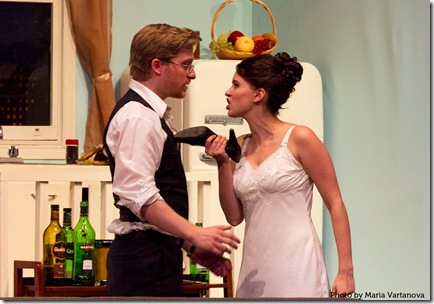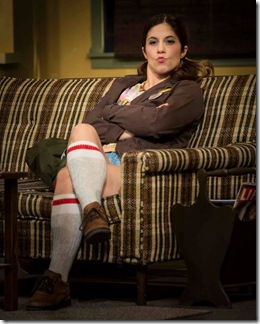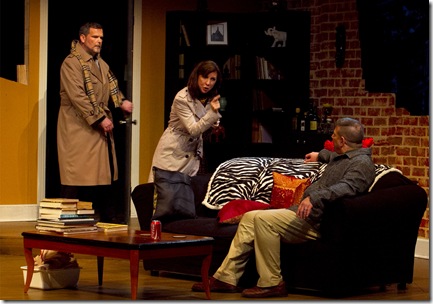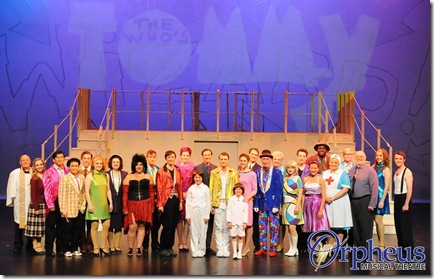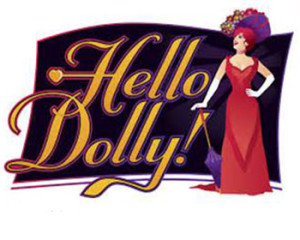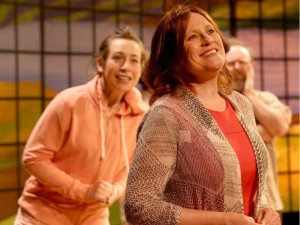Barefoot in the Park: OLT offers believable characterization of a rather dated play.
Photo: Maria Vartanova
Barefoot in the Park by Neil Simon. Directed by Richard Elichuk. A production of the Ottawa Little Theatre.
When Barefoot in the Park premiered on Broadway, it was an instant hit, running for more than 1,500 performances — a record run for a non-musical play. In 1967, the movie version starring Robert Redford and Jane Fonda, was also a success.
That was half a century ago. And in the 50 years since the mid-1960s, attitudes towards marital roles have changed massively. This means that the play frequently creaks along, particularly when it is presented as a three-act show.
Unless the comedy — which Simon wrote as a tribute to his first wife — is given a stellar production, we are more likely to notice that it is a dated piece than to appreciate the core of the story: that opposites attract and that there is a steep learning curve in the early days of any marriage. In addition, the play relies heavily on the oft-repeated, and now stale, joke about the location of the overpriced, walk-up apartment where newly weds Corie and Paul Bratter are enjoying their first taste of marriage and near-divorce.
As directed by Richard Elichuk, with assistance from Dianna Renée Yorke and Susanna Doherty, the Ottawa Little Theatre production is at its best when focusing on character definition.
